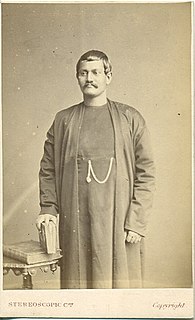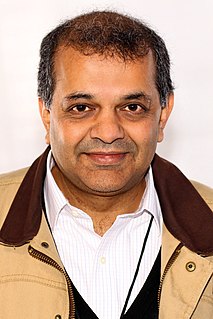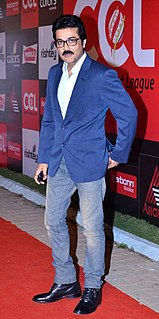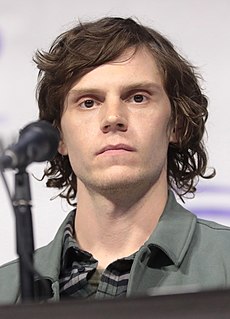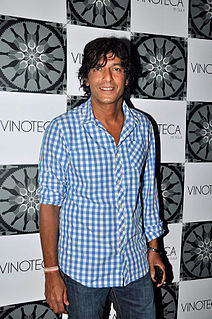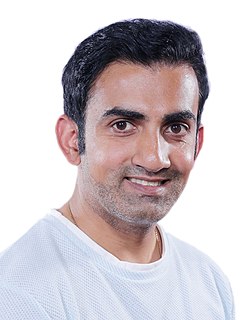A Quote by Satyajit Ray
My films play only in Bengal, and my audience is the educated middle class in the cities and small towns. They also play in Bombay, Madras and Delhi where there is a Bengali population.
Related Quotes
Bombay is far ahead of Bengal in the matter of female education. I have visited some of the best schools in Bengal and Bombay, and I can say from my own experience that there are a larger number of girls receiving public education in Bombay than in Bengal; but while Bengal has not come up to Bombay as far as regarded extent of education, Bengal is not behind Bombay in the matter of solidarity and depth.
Bombay as a confident, welcoming city that takes in a million new people a year, that those who want to harm the country pick Bombay. Other Indian cities, such as Delhi and Varanasi, have also been bombed recently, but Bombay's significance as the financial capital of the country means that it's the best target for terrorists who're unhappy with India's progress.

